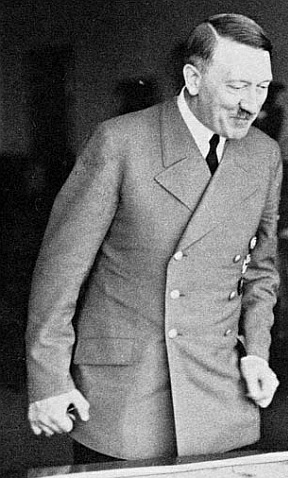“Throughout my financial career, I have continually witnessed examples of other people that I have known being ruined by a failure to respect risk. If you don’t take a hard look at risk, it will take you.”
Larry Hite
“Frankly, I don’t see markets; I see risks, rewards, and money.”
Larry Hite
“My philosophy is that all stocks are bad. There are no good stocks unless they go up in price. If they go down instead, you have to cut your losses fast… Letting losses run is the most serious mistake made by most investors.”
William O’Neil
“[Michael Marcus – another top trader] taught me one other thing that is absolutely critical: You have to be willing to make mistakes regularly; there is nothing wrong with it. Michael taught me about making your best judgement, being wrong, making your next best judgement, being wrong, making your third best judgement, and then doubling your money.”
Bruce Kovner
“That cotton trade was almost the deal breaker for me. It was at that point that I said, ‘Mr. Stupid, why risk everything on one trade? Why not make your life a pursuit of happiness rather than pain?’”
Paul Tudor Jones
“If I have positions going against me, I get right out; if they are going for me, I keep them… Risk control is the most important thing in trading. If you have a losing position that is making you uncomfortable, the solution is very simple: Get out, because you can always get back in.”
Paul Tudor Jones
“Don’t focus on making money; focus on protecting what you have.”
Paul Tudor Jones
“The elements of good trading are: (1) cutting losses, (2) cutting losses, and (3) cutting losses. If you can follow these three rules, you may have a chance.”
Ed Seykota
“When I get hurt in the market, I get the hell out. It doesn’t matter at all where the market is trading. I just get out, because I believe that once you’re hurt in the market, your decisions are going to be far less objective than they are when you’re doing well… If you stick around when the market is severely against you, sooner or later they are going to carry you out.”
Randy McKay
“I’ll keep reducing my trading size as long as I’m losing… My money management techniques are extremely conservative. I never risk anything approaching the total amount of money in my account, let alone my total funds.”
Randy McKay
“When I became a winner, I said, ‘I figured it out, but if I’m wrong, I’m getting the hell out, because I want to save my money and go on to the next trade.’”
Marty Schwartz
“Learn to take losses. The most important thing in making money is not letting your losses get out of hand.”
Marty Schwartz
“I always define my risk, and I don’t have to worry about it.”
Tony Saliba
“The key to trading success is emotional discipline. If intelligence were the key, there would be a lot more people making money trading… I know this will sound like a cliche, but the single most important reason that people lose money in the financial markets is that they don’t cut their losses short.”
Victor Sperandeo
“I think investment psychology is by far the more important element, followed by risk control, with the least important consideration being the question of where you buy and sell.”
Tom Basso




 For many, they use the visualising technique. This involves relaxing and trying to see yourself already having lost the trade before it happens. This is some what similar to having no expectations but you make an effort to mentally rehearse the lost. By rehearsing it, you will include your emotions in the rehearsal and start to anticipate how you will feel so that you will not react to it if it does happen.
For many, they use the visualising technique. This involves relaxing and trying to see yourself already having lost the trade before it happens. This is some what similar to having no expectations but you make an effort to mentally rehearse the lost. By rehearsing it, you will include your emotions in the rehearsal and start to anticipate how you will feel so that you will not react to it if it does happen.